
The impact of the American Taxpayer Relief Act of 2012 and the 2010 healthcare reform legislation might not be fully appreciated until you file your 2013 income taxes. Physicians are going to be shocked and amazed when they file.
Ed Rabinowitz is a freelance writer for Medical Economics.

The impact of the American Taxpayer Relief Act of 2012 and the 2010 healthcare reform legislation might not be fully appreciated until you file your 2013 income taxes. Physicians are going to be shocked and amazed when they file.

The healthcare industry is in a state of flux and it is physicians who are at the forefront of communication who will get the most business, according to one MD.
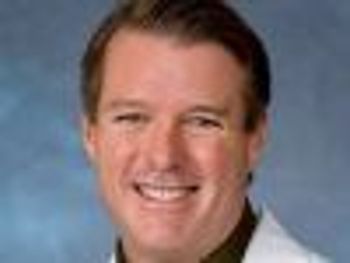
Michael Foley, MD, finds passion in his martial arts school, teaching classes and inspiring young people to go out into the world and be part of the answer to society's breakdowns.

Physicians have to understand that not every employee is motivated by the same work recognition. Taking the time to understand what matters to each employee has significant financial benefits to a medical practice.

It has often been said, and written, that a medical practice is a small business. And as such, it needs to be run like one: profitably. However, in the world of medical practices, the definition of being profitable is complex.

Ken Weiner, MD's Eating Recovery Center was named one of the fastest growing companies in America, which is likely because he and the executive team have as much business acumen as clinical expertise.

GlaxoSmithKline's recent decision to end the practice of paying doctors is about more than just putting patients first: the drugmaker's sales and marketing efforts are not as influential as they once were.
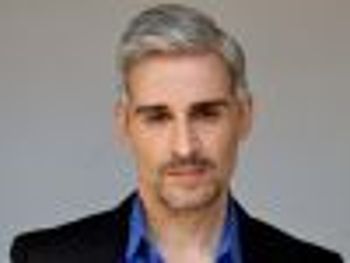
Becoming a physician requires considerable effort and often overcoming significant hurdles. For Frank Spinelli, MD, FACP, his hurdle was overcoming being sexually abused by his scoutmaster.

Meaningful use likely conjures up images of long hours and mountains of paperwork for many physicians, but with the right plan practices can reap both financial and clinical benefits.

The first round of the Affordable Care Act has created some headaches for medical practices in regards to newly insured patients and those who recently changed plans. But some practices see this all as an opportunity.
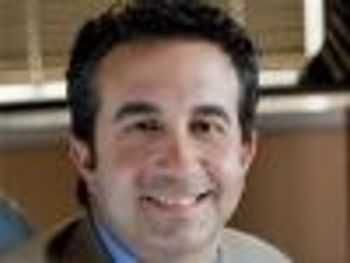
Plastic surgeon Jonathan Kaplan, MD, recognizes the value of transparency in health care and built his business BuildMyBod on the concept of providing a database of procedure pricing to patients.

Got a plan? A strategic plan? You ought to. It's difficult to build for the future and know where you and your medical practice are going without one.

More physicians are coming to the realization that hiring a physician assistant or three could translate to a reduced workload and increased take-home pay.
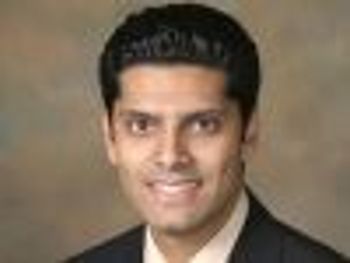
Many physicians have interests outside of their jobs as an outlet from the stress; Madhu Anvekar, MD, founder of a successful hospitalist service in California, considers his a mini vacation from work.

Integrating behavioral health care into a medical practice is a growing trend that makes perfect sense on multiple levels: one of which is that a significant percentage of ill people have a comorbidity.

With the economic rollercoaster sure to continue in 2014 - at least for the near term - one very practical and effective tactic entering the New Year is to establish a budget.
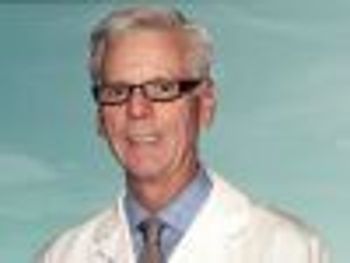
After surviving a terminal illness Ken Rybicki, MD, made a number of life-changing decisions: he started a company to sell the supplements he took during his illness, changed his practice's model and became more involved in the community.

Physicians who make frequent eye contact are more likely to receive high empathy ratings, and mobile technologies may be able to help providers in this aspect of care.

Manju Chopra is a mother of two and a practicing pediatrician. The fact that she is also an innovator is most definitely linked to those two things.

Creating an atmosphere of collaboration among medical practice staff can challenging, but it's necessary in order to produce a strong customer satisfaction experience.

With technological advances today, physicians are able to closely monitor their patients - gathering data and monitoring their health status - which is a positive for both for the patients and the medical practice.
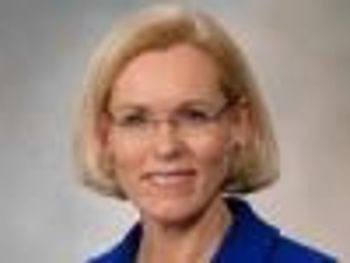
How participating in athletics opened doors for Mary O'Connor, MD, and taught her important skill that any boss would want in an employee.

Electronic communications between patients and physicians don't have to contribute to physician workload if you use the technology properly.

A pilot project in Colorado is testing the theory that when patients are more educated and involved, they make better decisions about their own health care.

As if physicians didn't have enough financial concerns these days, now it seems they could be left holding the bag for patients' unpaid health insurance premiums.

After devoting 20 years of his life to the allopathic medical community, Michael Finkelstein, MD, made a 180-degree turn He left his position as medical director to pursue more holistic medicine.

Since the beginning of 2013, primary care physicians have, for the first time, been able to get paid by Medicare for the time spent coordinating care for patients who are transitioning back to their homes.

Quality matters to patients and it certainly matters to physicians, but as health care attempts to alter the current reimbursement paradigm physicians are wrestling with how to make quality pay.
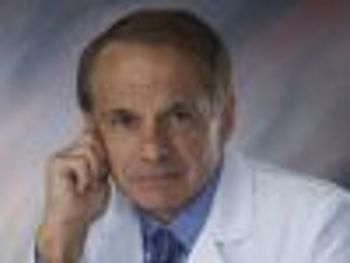
Neurosurgeon Joseph Maroon, MD, co-developed the most widely used and most scientifically validated computerized concussion evaluation system while working with the Pittsburgh Steelers.

Negotiation - it's almost the American way. Yet, more often than not, it doesn't happen where physicians and insurance carriers are concerned.